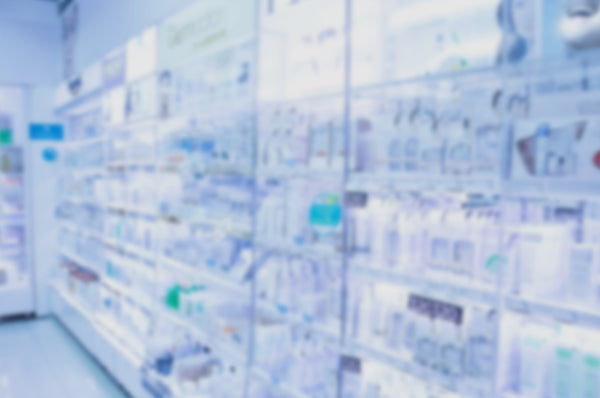
Acne Treatment Buying Guide
Acne is the most commonly diagnosed skin disease in the United States. It occurs when pores on the surface of the skin become clogged. More specifically, the oil which usually drains through the surface of the pores gets blocked, and this causes bacteria to become trapped and grow, thus forming acne. Acne is most common among teenagers due to fluctuations in hormones; however, anyone of any age can fall victim to this skin condition, which is usually concentrated on the face, shoulders, and back. There are two types of acne that can affect the skin: noninflammatory and inflammatory.
Noninflammatory Acne
Noninflammatory acne is the more common form of acne. This type of acne can occur as whiteheads or blackheads.
- Whiteheads: These occur when the trapped bacteria and dirt stay below the skin's surface, forming small white spots.
- Blackheads: Contrary to popular belief, blackheads are not black because of dirt. Instead, blackheads occur when the pores open to the skin's surface and the outside air causes the oil within to become discolored.
- Noninflammatory acne often responds well to over-the-counter medications and home remedies, all of which are designed to break down excessive oils. When the oils dry up, the acne disappears.
Inflammatory Acne
Inflammatory acne can be a serious, painful, and chronic problem for individuals. The inflammation that occurs with this type of acne is an automatic response from the immune system to the buildup of bacteria and toxins. There are four types of inflammatory acne, all of which can cause redness and swelling, depending on the level of severity.
- Papules: Papules look like light red blemishes on the skin. Usually, many papules are concentrated in one area.
- Pustules: Pustules, also called pimples or zits, are small bumps on the skin that are filled with pus.
- Nodules: These are large, swollen bumps that are often sore to the touch.
- Cysts: The most severe of all types of inflammatory acne, cysts are very large pus-filled lesions.
Inflammatory acne does not usually respond well to over-the-counter medications or home remedies, although these methods can be attempted simply to rule these out. Often times, those with severe forms of inflammatory acne must be cared for by a dermatologist who can prescribe stronger medications and provide more aggressive treatments.

Post a Comment!